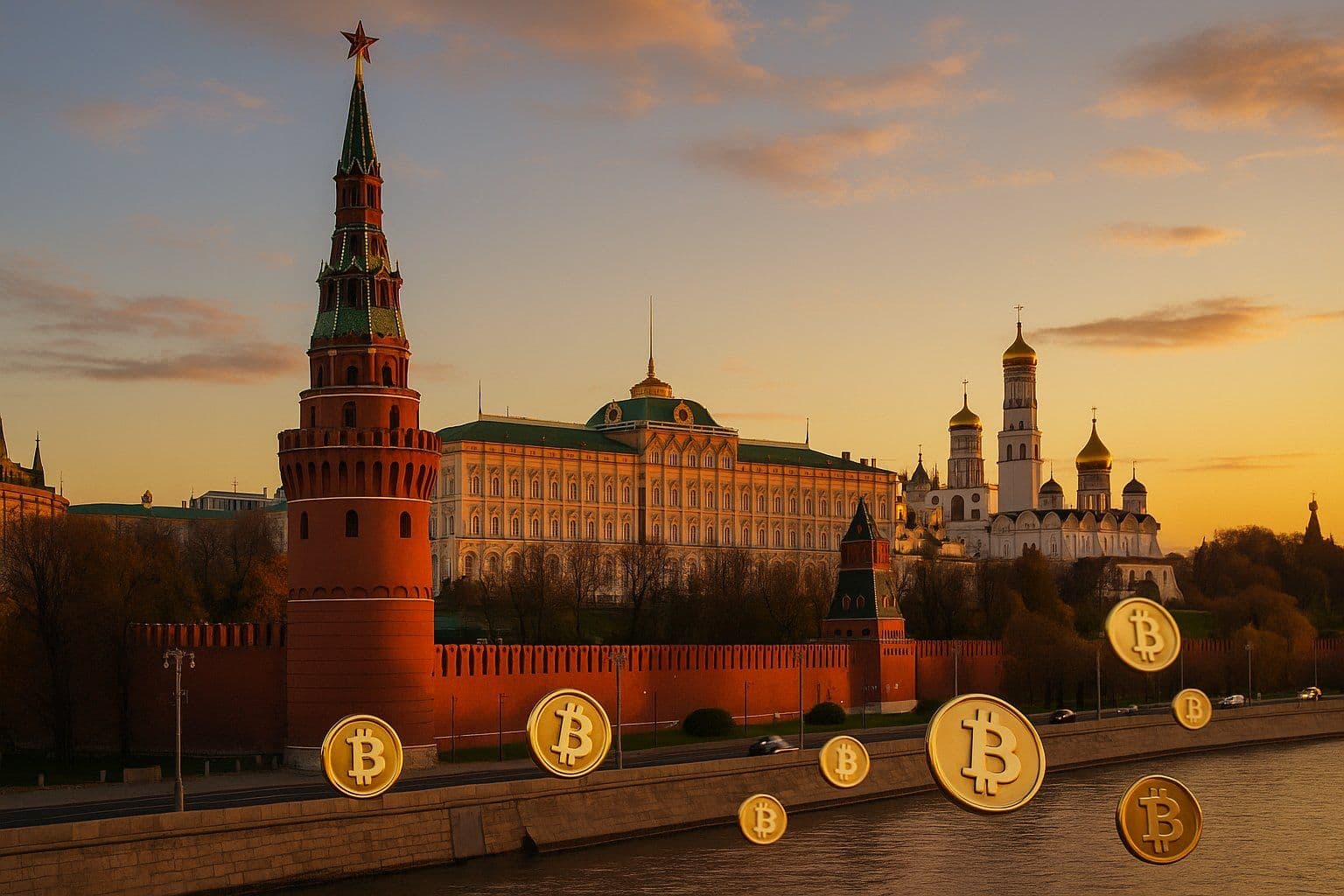A Covert Network Surfaces
A new investigation has exposed a Kremlin-backed digital asset operation known as A7A5, allegedly used to bypass Western financial sanctions. The network, active since mid-2023, has reportedly cycled over six billion dollars through token burns, relaunches, and decentralized swaps — a strategy experts say mirrors how sanctioned entities adapt to blockchain infrastructure.
According to officials familiar with the probe, A7A5 relied on complex token redemptions that effectively “erased and recreated” liquidity to conceal transaction trails. Spread across multiple layer-1 and sidechain platforms, these operations allowed sanctioned Russian funds to re-enter global markets through intermediaries in Asia and the Middle East.
An analyst close to the European Union’s financial task force called the network “a sophisticated laundering mechanism that blends token engineering with traditional evasion tactics.”
How the A7A5 Mechanism Works
Unlike typical mixers, A7A5 reportedly used a token deletion model. Instead of routing coins through privacy layers, the project’s contracts destroyed existing tokens and minted new ones under slightly altered contract addresses. This “reset” masked blockchain histories, making it far harder for tracing software to identify origins.
Investigators say this token-cloning method has gained popularity among sanctioned entities and ransomware groups looking to move large volumes undetected. One former blockchain investigator described it as “a new breed of obfuscation regulators haven’t yet caught up to.”
The network funneled liquidity into smaller decentralized exchanges before converting assets into synthetic stablecoins. From there, brokers in Dubai and Hong Kong allegedly converted the funds back to fiat currency.
Western Response and Escalating Tensions
Washington and Brussels have both raised alarms over the trend of crypto-based sanctions evasion. U.S. Treasury officials confirmed that several wallets tied to Russian entities have been flagged under the Office of Foreign Assets Control (OFAC).
A Treasury spokesperson said the department “remains vigilant against emerging digital typologies of sanctions evasion,” emphasizing that coordination with allies will expand to close loopholes.
The European Union, meanwhile, is preparing new proposals to tighten compliance on stablecoins and decentralized exchanges, including stronger wallet identification requirements and transaction reporting.
Policy experts believe the A7A5 case could accelerate these reforms, particularly as the U.S. and U.K. pursue closer alignment on crypto policy.
Implications for Global Compliance
Analysts warn that A7A5 represents a serious challenge for global regulators. While blockchain transparency remains one of crypto’s core strengths, it also provides new tools for states to exploit.
“Once governments start using crypto’s flexibility to undermine sanctions, the entire compliance architecture starts to erode,” said Jonathan Mertz, senior advisor at the Financial Integrity Forum.
Discussions are already underway around embedding programmable sanctions directly into smart contracts. Such systems could automatically flag or freeze blacklisted wallets — though critics say this would create dangerous centralization in decentralized ecosystems.
Market Impact and Repercussions
Following the revelations, compliance software providers and exchanges began re-evaluating risk exposure to Russian-linked liquidity pools. Privacy tokens saw a temporary sell-off, though broader markets stabilized within hours.
Experts expect the long-term outcome to hinge on regulatory follow-through. If new frameworks are introduced, decentralized platforms may face stricter Know Your Customer (KYC) standards or enhanced analytics integration.
Despite tightening global controls, trading volumes on Russian exchanges remain steady. Domestic miners and energy firms continue to rely on digital assets as alternative funding routes, showing how deeply crypto has become embedded in sanctioned economies.
The Next Phase of Financial Evasion
The A7A5 revelations underscore how digital assets are redefining financial warfare. As sanctioned nations turn to blockchain for resilience, Western regulators face the challenge of balancing innovation with accountability.
For the crypto industry, it’s a warning shot: transparency alone is not protection. Without stronger tracking, the line between open finance and geopolitical tool will blur even further.

